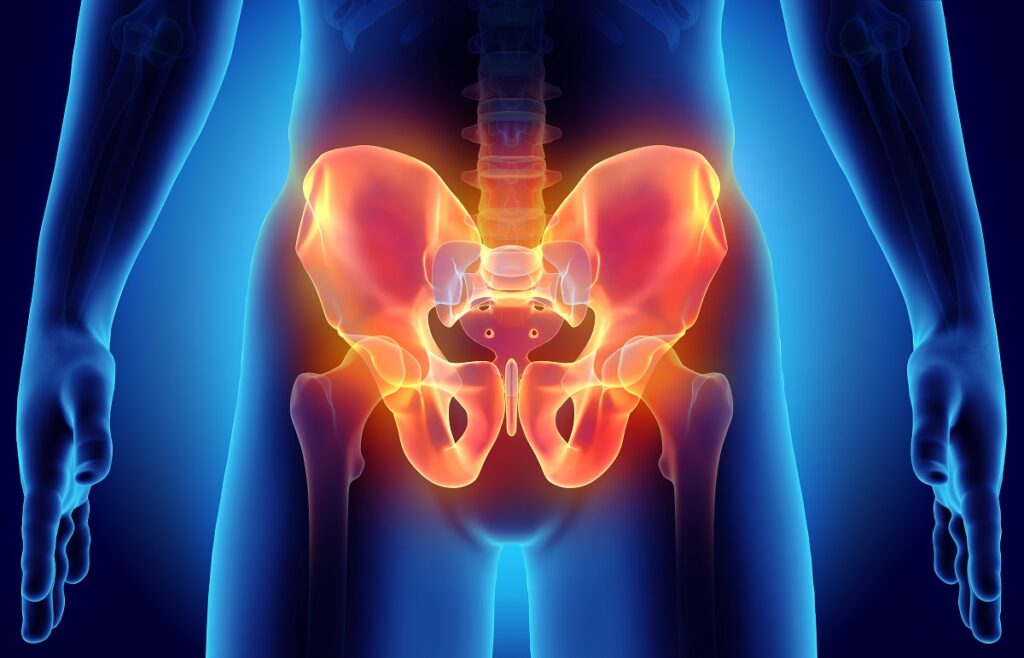Pelvic congestion syndrome (PCS)

Pelvic congestion syndrome (PCS) is chronic pain in the pelvic area due to problems with blood flow. Its causes are not fully understood, but experts believe that varicose veins are at its centre.
Causes
This condition is more prevalent in women between the ages of 20 and 45. In men it is typically related to varicose veins forming in the scrotum, whereas in women to ovarian and uterine veins.
While PCS can appear at any age, it is most frequent in women who have had multiple pregnancies. This has led many researchers to believe that physical and hormonal changes during pregnancy may cause pressure to build-up in veins around the ovaries. This pressure causes the veins to dilate and become structurally unsound, thereby becoming varicose veins which accumulate blood and cause pain.
Symptoms
People with PCS generally report a permanent dull pain on one side of the pelvis that worsens in certain situations, including:
- At the end of the day.
- Before and during menstruation.
- During and after intercourse.
- When standing or sitting for long periods.
Other symptoms include:
- Varicose veins in the pelvic area.
- Irritable bowel.
- Peeing accidentally from laughing, coughing or other movements (stress incontinence).
- Pain while peeing.
Treatment
There is no definite cure for PCS, and it can be challenging to treat. See a specialist if symptoms do not go away. Some patients report that medication offers enough pain relief, whereas others require varicose vein surgery. Treatment for PCS includes:
- Hormonal medication (progestin or gonadotropin) that offers pain relief.
- Procedures to close off damaged veins (sclerotherapy or embolisation).
- Surgery to take out damaged veins.




